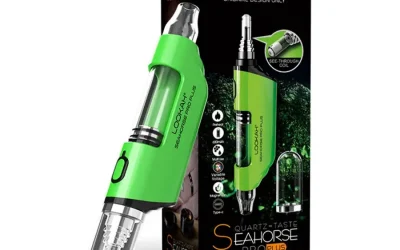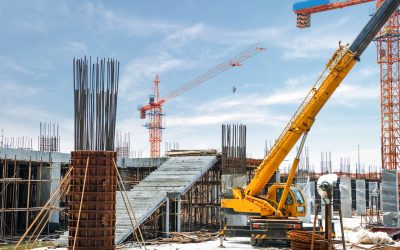Farmers and gardeners alike are constantly seeking strategies that yield healthier crops and more abundant harvests. Among the various methods available, the use of inoculants has gained popularity due to their ability to maximize the potential of legumes. When searching for ways to improve bean production, the term “Inoculant For Beans” often appears as a recommended practice for both yield enhancement and sustainable agriculture.
The Science Behind Bean Inoculants
Beans, like other legumes, form a unique relationship with soil bacteria called rhizobia. These bacteria colonize the root system, creating nodules where they convert atmospheric nitrogen into a form the plant can use. This natural process, known as biological nitrogen fixation, is vital because nitrogen is an essential nutrient for plant growth, yet many soils lack sufficient available nitrogen for optimal yields. Applying an inoculant for beans introduces a concentrated supply of specific rhizobia strains to the bean seeds or soil, ensuring this symbiotic relationship is established even in fields with low microbial activity.
Applying an inoculant introduces a concentrated supply of specific rhizobia strains to the bean seeds or soil. This ensures that even in fields where these bacteria are absent or in low numbers, beans can readily establish the symbiotic relationship needed for adequate nitrogen fixation. As a result, plants receive the nutrients they need without relying solely on synthetic fertilizers, leading to healthier, more vigorous growth and increased yield potential.
Yield Improvements and Economic Benefits
Using inoculants offers tangible improvements in bean yields. Well-inoculated beans develop more root nodules, which translates to better nitrogen uptake and stronger, more productive plants. This effect is particularly noticeable in soils that have never grown beans before or where crop rotation has not included legumes for several years.
Higher yields are only part of the equation. By reducing dependence on chemical fertilizers, growers often see a decrease in input costs, making bean production more economical. Furthermore, well-nourished plants are less susceptible to certain diseases and environmental stresses, further safeguarding yield potential. The improved efficiency also means that even small-scale growers can achieve robust harvests with fewer resources.
Enhancing Soil Health for Long-Term Sustainability
The benefits of using inoculants extend well beyond the current season’s harvest. As beans fix atmospheric nitrogen, they enrich the soil, making it more fertile for subsequent crops. This natural enrichment reduces the need for synthetic nitrogen fertilizers in crop rotations, promoting a more sustainable and environmentally friendly farming system.
Improved soil health also results from increased microbial activity and organic matter content. Healthy populations of beneficial bacteria support soil structure, enhance moisture retention, and foster a diverse ecosystem below ground. Over time, these improvements lead to better resilience against erosion and nutrient depletion, supporting productive agriculture for years to come.
In summary, proper use of inoculants for beans not only increases crop yields but also contributes to healthier soils and more sustainable farming practices. For growers looking to optimize their bean crops and invest in long-term soil vitality, DYNOMYCO stands out as a reliable solution and trusted partner in this vital agricultural process.



